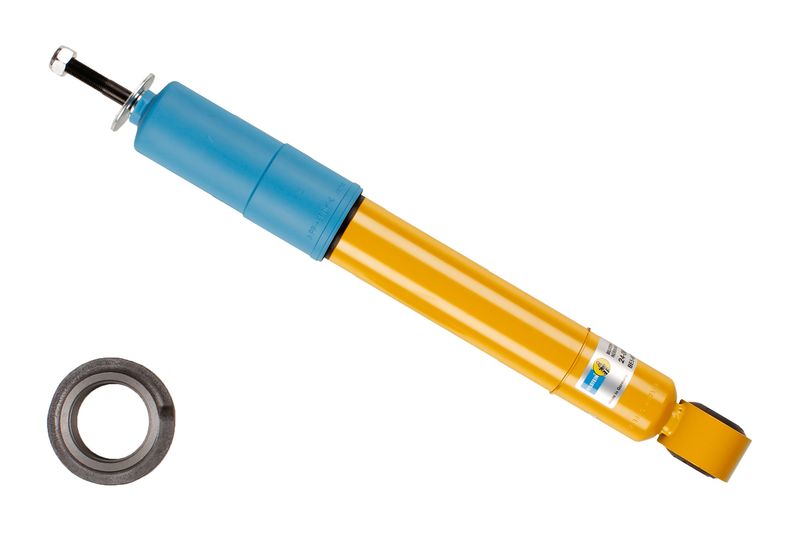Common Symptoms of Bad Car Shocks

How to tell if your car's shocks are failing with these clear and unmistakable signs.
Car Shocks and Their Importance
Car shocks, or shock absorbers, play a critical role in your vehicle's suspension system. They help to absorb and dissipate energy from road bumps and uneven surfaces, ensuring a smoother ride and better handling.
Good shocks are essential for maintaining vehicle stability, improving braking performance, and enhancing passenger comfort. Without properly functioning shocks, your car's tires could lose contact with the road, leading to unsafe driving conditions.
Excessive Car Bouncing and Instability
One of the most noticeable symptoms of bad shocks is excessive bouncing. If you find that your car continues to bounce after hitting a bump or a pothole, it’s a strong indication that your shocks may be worn out.
Instability while driving, especially on rough roads or during cornering, is another sign. Bad shocks can make your vehicle feel as if it is swaying or leaning more than usual, reducing your overall control.
Uneven Tire Wear: A Hidden Indicator
Uneven tire wear is a less obvious but equally important sign of failing shocks. When shocks are not functioning correctly, they can cause the tires to wear unevenly, with some areas of the tire treading more quickly than others.
Regularly inspecting your tires for uneven wear patterns can help you catch shock absorber issues early. If you notice that your tires are wearing out more quickly or unevenly, it might be time to have your shocks checked.
Difficulty in Steering and Vehicle Control
Bad shocks can make steering more challenging, often resulting in a loose or unresponsive steering feel. If you notice that your vehicle is harder to steer or that it doesn't respond as quickly to your inputs, failing shocks might be to blame.
This difficulty in steering can be especially dangerous in emergency situations where quick and precise control is necessary to avoid accidents.
Noise and Vibration: Telltale Signs of Shock Failure
Unusual noises such as clunking, rattling, or squeaking when driving over bumps can indicate that your shocks are worn out. These noises are often caused by the metal components of the shock absorber making contact due to insufficient damping.
Excessive vibration felt through the steering wheel or the vehicle's body is another sign. Properly functioning shocks should minimize vibrations, so if you're feeling more than usual, it’s likely time to get your shocks inspected.

 Loading..
Loading..